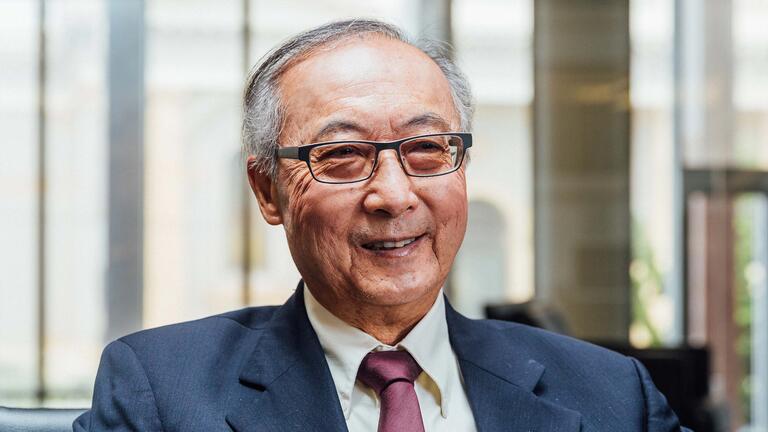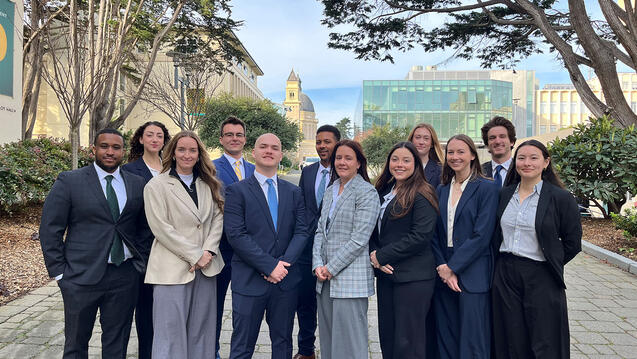
Prof. Bill Hing Appointed Associate Dean for Faculty Scholarship
Professor Bill Ong Hing, an immigration law trailblazer and passionate advocate, has been named the School of Law’s new associate dean for faculty scholarship. He stepped into the role on August 1 and is tasked with supporting and amplifying the impact of the faculty’s research and writing. Professor Lara Bazelon had served in the role for the past two years.

For five decades, Hing has been a towering figure in the field of immigration law. He has published more than 55 scholarly articles and 12 books, including his most recent book, Humanizing Immigration: How to Transform Our Racist and Unjust System(2023). Since his USF Law graduation in 1974, Hing has dedicated his career to championing the rights of immigrants and asylum seekers.
Reflecting on the intersection of his scholarship and advocacy work, Hing says, “My immigration scholarship has been deeply influenced by my work on cases throughout my career--including with the current immigration clinics at USF. And my community work that involves collaboration with immigrants and refugees and with community allies informs what I write about and what's important to write about.”
As associate dean for faculty scholarship, Hing wants to prioritize working with newer members of the faculty. “It’s important that professors who are early in their careers have the resources and support they need to research and write confidently.” In addition to working internally with colleagues, he plans to host guest scholars from other law schools who will give presentations and receive feedback from USF Law faculty. Hing sees these sessions as an opportunity to showcase USF faculty expertise and adds, “Quality legal scholarship enhances the reputation of the law school with faculty and practitioners across the country.”
Dean Johanna Kalb believes Hing is a natural fit for the associate dean position. “Bill has received numerous awards and distinctions for his writing, teaching, and advocacy work. His influence and renown extend far beyond the legal community and we are fortunate to have him supporting our law school in this capacity.”
For Hing, legal scholarship is a critical component of the law school’s mission to train the next generation of lawyers. “Engaging in quality legal scholarship better informs a faculty member's approach to the subject being taught,” he explains. “The faculty member can use their scholarly thinking in the classroom to better inspire critical thinking in our students.”


